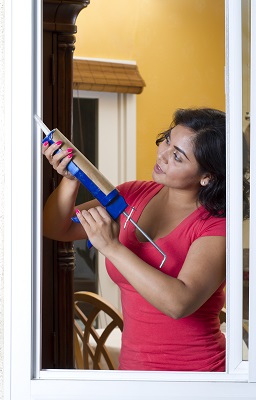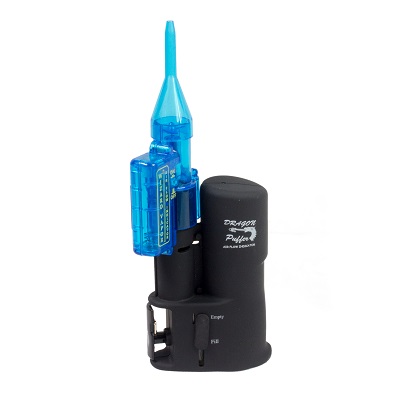
Photographer: druvo
First Steps
Never thought about energy efficiency before? Start here to make some easy changes.
- Wash your clothes in cold water: Wash cold whenever you can, and always use cold for the rinse cycle. The EPA’s ENERGY STAR program says water heating is the cause of about 90 percent of the energy it takes to operate a clothes washer, which is one of the most energy-intensive appliances in your home.
- Avoid peak hours: Use energy-intensive appliances including your washer, dryer, and dishwasher in the evenings or early mornings. It’s our country’s peak demand—generally from 12 a.m.-6 p.m.—that determines expansion of dirty coal-fired power plants.
- Keep your fridge full: If you have empty space in your fridge, fill it with jugs containing tap water. This tip makes your fridge run more efficiently. Water holds the cold better than air, so when you open and shut the fridge door, letting warm air in, your fridge will do less work to cool down again, which saves energy.
- Ditch your dryer: Get a clothesline or drying rack to hang your laundry. While wind and sun will dry your clothes faster than indoor air, keep your rack indoors if you’re allergic to pollen.
- Eliminate energy vampires: Some devices use energy even when they’re not operating, especially if they have a small light on nearly all the time (think a TV that has a standby light, or a microwave with a clock). You can use an inexpensive Kill-A-Watt meter to measure the “phantom” power your electronics leak while plugged in and switched off. Plug your devices into a power strip to easily switch them all the way off when you’re not using them.
- Replace your light bulbs: Next time a light goes out in your house, replace the bulb with a more efficient one. LED is the most efficient, followed by CFL, then incandescent. There are plenty of LED lights these days with different brightnesses and colors, if you’re sensitive to fluorescents’ harsh lighting.

Next Steps
Already spent some time working on your energy-efficient habits? It’s time to try some new ones!
- Teach your thermostat: Set the timer on your thermostat to warm or cool the house as you’re coming home from work or school, instead of heating or cooling at your preferred max setting when you’re not home. If your thermostat doesn’t include a timer, consider installing one that does.
- Look at your windows: Windows can be a big source of wasted heating or cooling energy. If they have cracks, are sticking, don’t close fully, or have years of deferred maintenance, it’s time to give them some love. In many cases, you can do targeted repairs, install weather-stripping, and add a storm window to avoid the cost of a full replacement.
- Get an energy audit: Get expert advice to help you identify ways you can use less electricity and plug energy leaks in your home. You’ll get the most cost-effective and useful steps that will help you reduce your energy use, lower your home’s global warming footprint, and lower your energy bills, too. Your local utility will likely provide an energy audit for free, but you may get a more comprehensive audit—allowing you to save even more money in the long run—by paying for a whole-house energy audit through Home Performance with ENERGY STAR.
- Switch to green utilities: Unless you know that your home electricity use is powered with clean energy, you probably get your energy from dirty sources like coal. Make the switch to green energy. With companies like Clean Choice Energy or Arcadia Power, —it doesn’t require a home visit or any wiring changes to easily direct your energy bills to support green power generation

Giant Steps
Friends come to you for advice on green matters, and you’re okay with spending a little extra to get the best in efficiency. So try out these big steps to save energy and money.
- Install water-saving and efficient appliances: Install low-flow faucets and showerheads. When your appliances fail, replace them with ENERGY STAR-rated models, and consider updating your fridge sooner if it was originally purchased before 1993 (when standards were considerably more lax for fridge efficiency).
- Prioritize insulation: Heating and cooling uses so much energy, and insulation helps conserve some of that energy. Insulate your pipes, water heater, and walls to get the most out of the money you spend heating/cooling your home.
- Harness the sun: Solar is getting cheaper every year. You can lease many rooftop solar systems, which means a company installs it, and you don’t have to pay for it outright; you pay for it via your electricity bill—which should be even cheaper monthly than it was before the installation. You can also install a solar water heater, which can save you money even if you live in a cloudy place. Find out if your house is right for rooftop solar at Project Sunroof. Many states now allow community solar projects, where panels in a concentrated location generate electricity for an entire neighborhood—no rooftop panels required!







